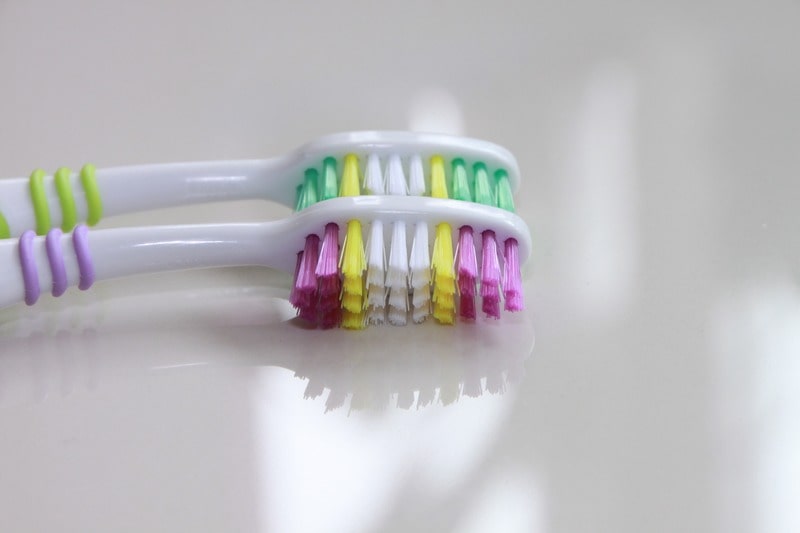The oral cavity is a tranquil space, but it is also a microcosm with billions of bacteria. Maintaining harmony between these bacterial strains is something we all have in our own hands with good training and a little discipline. Literally.
We tend to believe that if we brush our teeth more vigorously, we will be better able to rid them of food debris and bacteria, making them cleaner and shinier. What better way to do this than with one of those hard bristle brushes that are supposedly perfect for radically removing dirt?
This is definitely a misconception. Dentists recommend using toothbrushes with soft bristles because they do not damage the gums and still clean the mouth well. Good oral hygiene is not risk-free. There is a possibility of “eroding” the teeth.
That is why it is so important to use the right technique and the right instruments.
Throughout history
The Neanderthals were already familiar with the concept of tooth cleaning. Here, however, small bones and fine sticks were used to clean the interdental spaces. Traces of the first toothbrushes appeared around 3000 BC in ancient Egypt.
At that time, people used small chewing sticks that were frayed at one end and thus used as a kind of brush. This concept is still widespread today in many African and Arab countries.
Daily and thorough
The instructions for brushing teeth are basically simple: we form a 45-degree angle between the brush and the gums and move it up and down, from front to back and in circles, without forgetting any part of the teeth: the outside, the inside and the part we chew with.
Additionally, scrubbing the tongue thoroughly with a tongue scraper is essential in this process because it provides enough nooks and crannies for microorganisms to accumulate.
Cleaning the interdental spaces with interdental brushes is advisable and effective, especially at night before getting into bed. Oral hygiene and maintenance of the oral cavity requires some skill and dedication, but only a few minutes a day.
It can hardly be more effective.
About Curaden and Curaprox
Curaden develops oral hygiene instruments that are as gentle and effective as possible in collaboration with experts from research, education and practice. Curaprox is the oral health brand of Curaden AG, based in Kriens, Switzerland.
For more information, visit: curaden.com/curaprox.com.
Curaden AG | Daniela Muthreich | Responsible for Corporate Communication
+41 (0)79 532 57 59 | daniela.muthreich@curaden.ch












